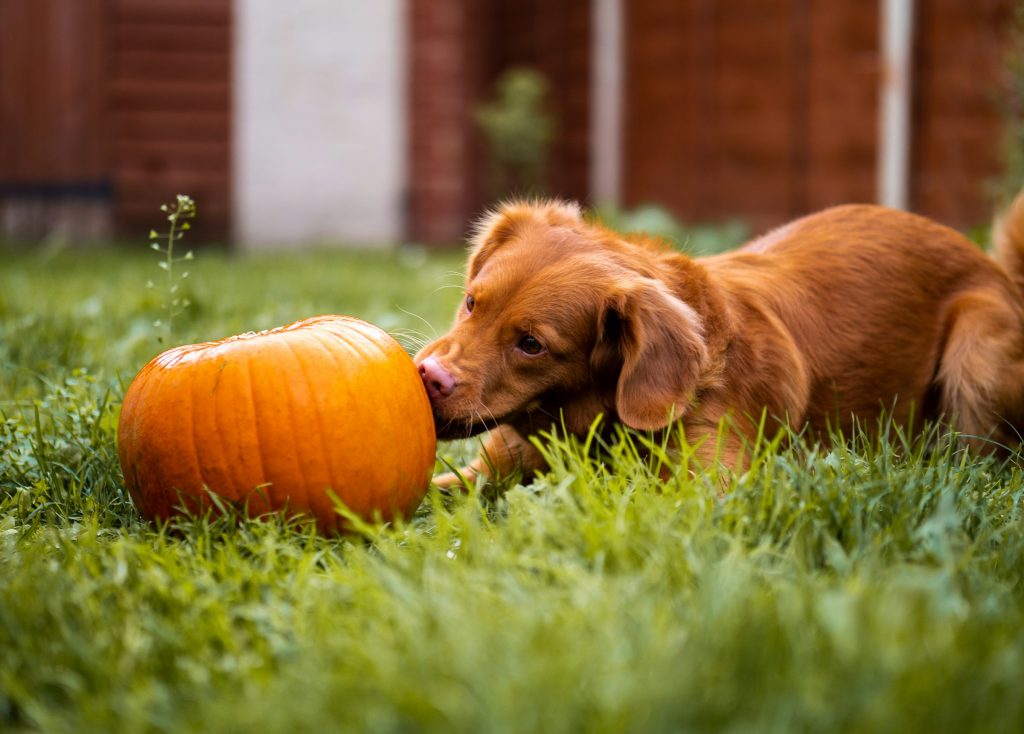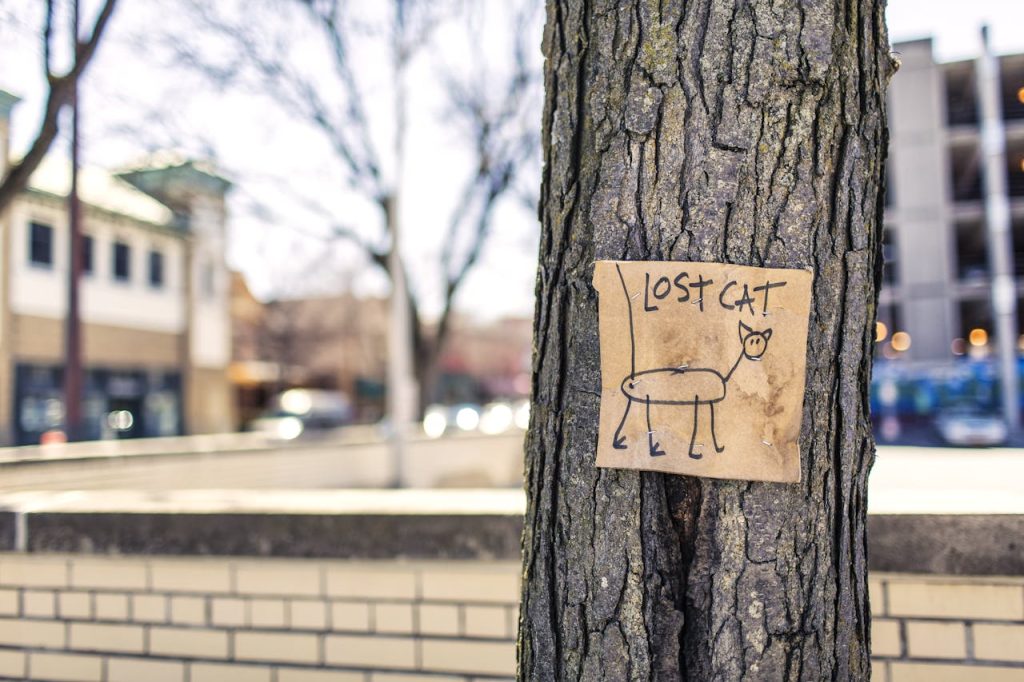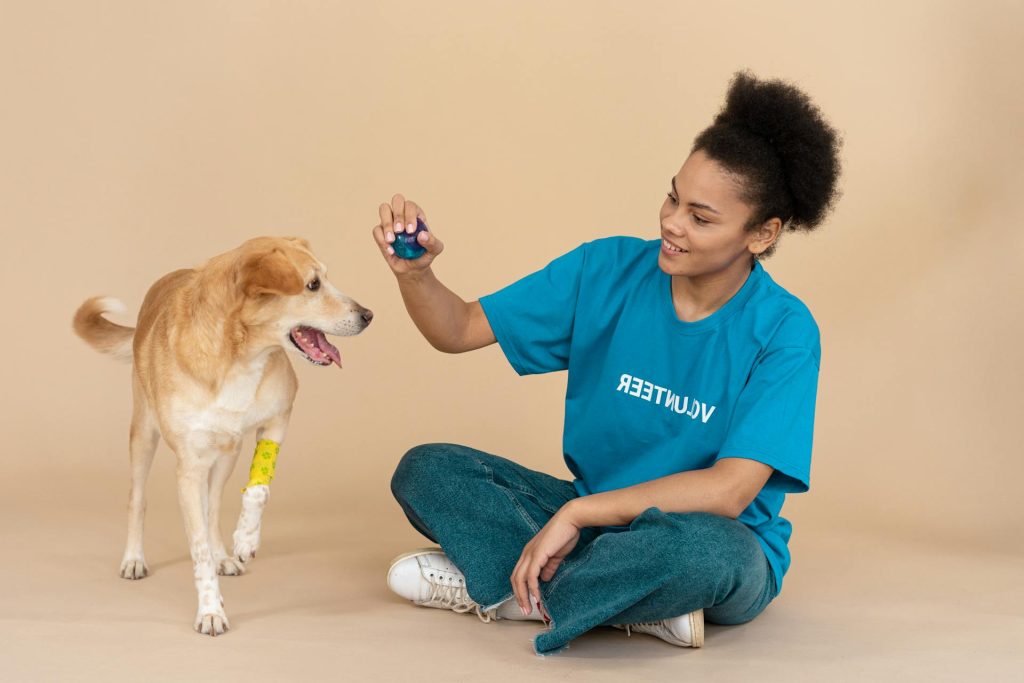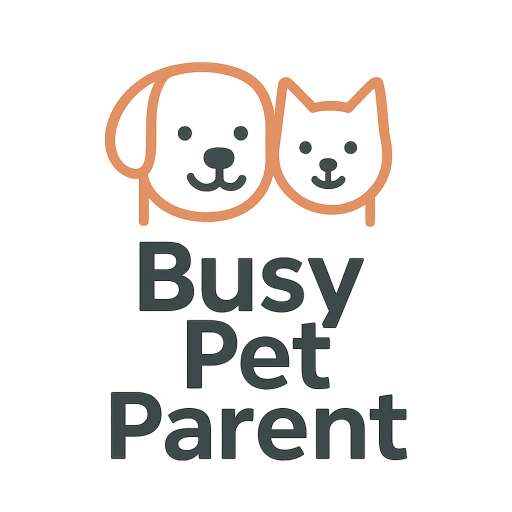
The Truth About Grain-Free Dog Food: Should You Be Worried?
Grain-Free Dog Food has exploded in popularity over the past decade, often marketed as a cleaner, more natural option—especially for dogs with itchy skin, stomach issues, or “sensitivities.” And if you’ve ever stood in the pet food aisle feeling overwhelmed, you’re not alone. The messaging around grain-free can make it seem like grains are automatically bad… even when your dog is doing totally fine.
Here’s the calm truth: Grain-Free Dog Food isn’t automatically good or bad. For some dogs, a grain-free diet can be appropriate for specific medical reasons—usually guided by a veterinarian. For many other dogs, grain-free is simply one of many options, and the “healthier” claim is often more marketing than science.
What made owners nervous (and understandably so) is the conversation around diet-associated heart concerns—specifically dilated cardiomyopathy (DCM). The FDA began investigating reports involving certain diets, including many labeled grain-free, and noted patterns involving certain ingredient profiles (like high legume/potato content). The key point: the investigation has raised important questions, but it hasn’t produced a simple “grain-free causes DCM” conclusion. We’ll unpack what’s known and what’s not using trustworthy sources like the FDA and WSAVA. FDA investigation overview.
In this guide, you’ll learn what Grain-Free Dog Food really means, why the concern started, when grain-free might make sense, and how to choose a food confidently without fear. The goal isn’t to pressure you to switch—it’s to help you make a smart decision for your dog.
What Grain-Free Dog Food Actually Means (And What Replaces the Grains)
One of the biggest sources of confusion around Grain-Free Dog Food is the assumption that “grain-free” automatically means “low-carb” or “more natural.” In reality, grain-free simply means that traditional grains like wheat, corn, rice, or barley have been removed—it doesn’t mean carbohydrates are gone.
Dogs still need a source of energy in their food. When grains are removed, they’re replaced with other carbohydrate-rich ingredients to hold kibble together and provide calories. Understanding what those replacements are is key to deciding whether a grain-free diet makes sense for your dog.
Common ingredients used instead of grains
Most Grain-Free Dog Food formulas rely on ingredients such as peas, lentils, chickpeas, potatoes, or sweet potatoes. These ingredients aren’t inherently harmful—but they change the overall nutritional profile of the food, especially when they make up a large percentage of the recipe.
The concern raised by veterinary researchers isn’t simply that grains are missing—it’s that some grain-free diets rely very heavily on certain legumes or starches without enough nutritional diversity. That’s an important distinction often lost in online debates.
Grain-free does not mean allergy-friendly by default
Many owners switch to grain-free because they believe grains are a common cause of allergies. In reality, true grain allergies in dogs are relatively uncommon. Most food sensitivities are linked to protein sources, not grains. Removing grains doesn’t automatically resolve itching, ear infections, or digestive issues.
Marketing vs nutrition
Grain-free diets became popular alongside human food trends that framed grains as unhealthy. While that messaging resonates emotionally, it doesn’t always translate directly to canine nutrition. Dogs process food differently than humans, and what sounds “clean” isn’t always what’s best.
Before worrying about whether grains are present, it’s more helpful to look at the overall formulation: ingredient balance, protein quality, and whether the diet is complete and appropriate for your dog’s life stage.
In the next section, we’ll look at where the concern around Grain-Free Dog Food actually came from—and what the science does (and doesn’t) say.
Where the Concern About Grain-Free Dog Food Came From
Much of the anxiety surrounding Grain-Free Dog Food can be traced back to reports of a heart condition called dilated cardiomyopathy (DCM). DCM affects the heart’s ability to pump blood efficiently and, in severe cases, can be life-threatening. When patterns began to appear in reported cases, veterinarians and researchers started asking important questions about diet.
In response, the U.S. Food and Drug Administration (FDA) began investigating a potential association between certain diets and DCM. Many of the reported diets were labeled grain-free, which quickly led to headlines suggesting that grain-free food itself was the problem. The reality is more nuanced.
What the FDA actually found
The FDA did not conclude that all grain-free diets cause heart disease. Instead, they observed patterns involving certain ingredient profiles—particularly diets that relied heavily on legumes (like peas and lentils) or potatoes as primary components. These observations prompted further research rather than definitive conclusions.
This distinction matters. The concern isn’t simply the absence of grains, but how some Grain-Free Dog Food formulas are constructed. Two grain-free foods can be nutritionally very different depending on ingredient balance, formulation, and quality control.
What is still unknown
Nutrition research takes time, and canine diets are complex. At this point, researchers have not identified a single ingredient or mechanism that explains every reported case. Genetics, overall diet composition, and individual dog factors may all play a role.
That uncertainty is why many veterinary organizations emphasize caution rather than panic. The presence of unanswered questions doesn’t mean every grain-free diet is dangerous—it means decisions should be made thoughtfully and, when possible, with professional guidance.
Why context matters
Some dogs have eaten Grain-Free Dog Food for years without issue. Others may benefit from alternative diets due to medical needs. The takeaway isn’t to fear grain-free labels, but to understand that ingredient trends and marketing claims don’t replace individualized nutrition decisions.
Next, we’ll talk about when grain-free diets might actually make sense—and when they probably don’t—so you can decide what’s right for your dog without unnecessary stress.
When Grain-Free Dog Food Makes Sense (And When It Probably Doesn’t)
After hearing about heart health concerns, many owners wonder whether they should avoid Grain-Free Dog Food altogether. The more useful question is when grain-free diets are actually appropriate—and when they’re unlikely to provide any real benefit.
Situations where grain-free may be appropriate
Grain-free diets are sometimes recommended for dogs with specific medical needs. This might include dogs with diagnosed food sensitivities where grains have been ruled out through an elimination diet, or dogs whose veterinarians have identified a clear reason to avoid certain ingredients.
In these cases, Grain-Free Dog Food is chosen intentionally, based on the individual dog—not because of marketing trends or fear-based headlines. The focus remains on overall nutritional balance rather than the absence of grains alone.
When grain-free is unlikely to help
For many dogs, switching to grain-free doesn’t resolve common issues like itching, digestive upset, or low energy. In these cases, the underlying cause is often unrelated to grains and may involve protein sources, feeding amounts, or environmental factors.
Choosing Grain-Free Dog Food solely because it sounds healthier can lead owners to overlook more important considerations—such as whether the food is complete, well-formulated, and appropriate for their dog’s age, size, and activity level.
Why balance matters more than buzzwords
No single label guarantees quality. A well-balanced diet with grains can be healthier than a poorly formulated grain-free one, just as a carefully designed grain-free diet can be appropriate in certain cases. What matters most is how all the ingredients work together.
Understanding this helps remove the pressure to “pick a side.” In the next section, we’ll focus on how to evaluate dog food labels and make confident choices—without fear or confusion.
How to Choose Dog Food Without Fear (What to Look For on the Label)
With so much noise around nutrition, choosing dog food can feel stressful. The goal isn’t to avoid Grain-Free Dog Food at all costs or to blindly trust it—it’s to evaluate the whole formula and decide what fits your dog’s needs.
Look at the full ingredient balance, not just the headline
“Grain-free” is only one part of the label. Pay attention to how ingredients are distributed throughout the list. Diets that rely too heavily on a single carbohydrate source—whether it’s rice, peas, or potatoes—may lack balance. Variety and formulation quality matter more than the presence or absence of grains.
Consider your dog’s life stage and lifestyle
Puppies, active adults, seniors, and dogs living primarily indoors can have very different nutritional needs. A food that works well for one dog may not be ideal for another. Matching calories, protein levels, and nutrients to your dog’s daily routine often makes a bigger difference than switching grain status.
Avoid switching foods out of fear alone
If your dog is healthy, energetic, and maintaining a good weight, there may be no urgent reason to change foods. Sudden switches driven by headlines or online debates can introduce digestive issues that weren’t there before. Any change—grain-free or not—should be intentional and gradual.
If cost is part of your decision-making process, it can help to step back and evaluate value rather than labels alone. A well-formulated diet that fits your budget is often more sustainable long-term: 7 Budget Pet Food Tips to Keep Your Dog or Cat Healthy Without Overspending .
At this point, you should have enough context to make a calm, informed choice. Next, we’ll wrap everything up and answer the most common questions owners have about Grain-Free Dog Food.
Final Thoughts
The conversation around Grain-Free Dog Food has become louder and more emotional than it needs to be. Grain-free diets aren’t automatically dangerous, and grain-inclusive diets aren’t automatically superior. What matters most is whether the food you choose is well-formulated, appropriate for your dog, and supporting their overall health.
For some dogs, grain-free diets can make sense when chosen intentionally and monitored properly. For many others, grains are a perfectly healthy part of a balanced diet. The key is resisting fear-based decisions and focusing instead on the bigger picture: your dog’s energy levels, digestion, weight, and long-term wellbeing.
If you’re ever unsure, your veterinarian is your best resource. Nutrition isn’t one-size-fits-all, and the “right” food is the one that works for your dog—not the one with the loudest marketing claims.
Frequently Asked Questions
Is Grain-Free Dog Food bad for all dogs?
No. Many dogs eat grain-free diets without any issues. Concerns arise primarily around certain formulations and ingredient profiles, not the absence of grains alone. Individual factors always matter.
Should I switch my dog off grain-free food immediately?
If your dog is healthy and thriving, there may be no urgent need to change foods. Any switch should be gradual and based on your dog’s specific needs, ideally with veterinary guidance.
Are grains unhealthy for dogs?
Grains can be a healthy source of energy and nutrients for many dogs. True grain allergies are relatively uncommon, and grains themselves are not inherently harmful when included in a balanced diet.
How do I know if a dog food is well-formulated?
Look beyond labels and focus on ingredient balance, appropriate nutrient levels for your dog’s life stage, and guidance from veterinary professionals. Quality formulation matters more than marketing terms.
Can Grain-Free Dog Food cause heart problems?
Research has identified associations between certain diets and heart issues, but no simple cause-and-effect conclusion applies to all grain-free foods. This is why informed, individualized decisions are so important.

Join the Busy Pet Parent
Newsletter!
Get easy routines, time-saving tips, and the latest gear reviews—delivered straight to your inbox.
Perfect for busy pet owners, apartment dwellers, and anyone who wants a happy, healthy companion (without the stress).
- Exclusive guides & checklists
- Product recommendations & deals
- No spam—unsubscribe anytime!
More Articles You Might Like

The Ultimate Guide to Dog Enrichment: Keep Your Pup Happy, Healthy, and Mentally Stimulated
Read more

8 Easy Halloween Pet Safety Tips Every Owner Should Know
Read more

10 Essential Steps for Lost Pet What to Do (Apartment Owner’s Recovery Guide)
Read more

12 Powerful Pet First Aid Tips Every Apartment Owner Should Know
Read more
